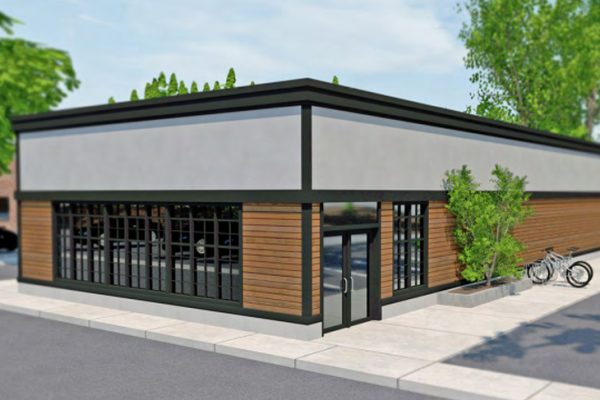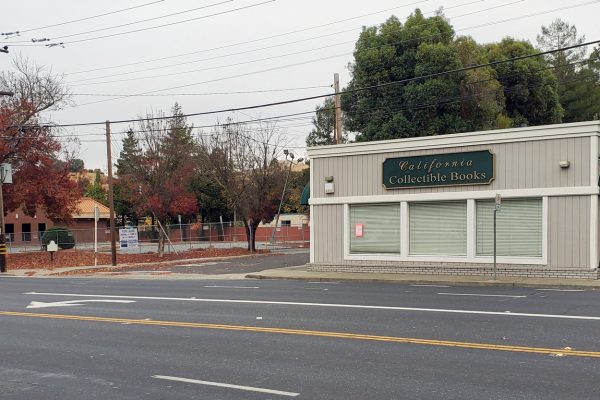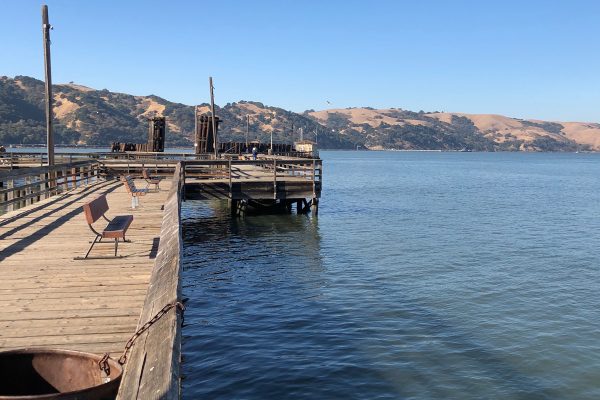MARTINEZ, Calif. – A revised version of a personal cannabis cultivation ordinance received Martinez City Council approval for its introduction Wednesday night.
It could be passed on second reading Jan. 16, 2019.
Originally, the panel saw its staff’s original proposal, which would have required accessory buildings to a residence that would be used for growing up to six marijuana plants to have a secure foundation, solid sides so the plants couldn’t be seen from the outside, a filtration system to prevent odors from escaping and other elements.
But at the Dec. 5 meeting, Councilmembers suggested allowing simpler greenhouses be allowed, which required a delay in the ordinance’s introduction so the word “greenhouse” could be defined and other wording could be changed.
The modified ordinance introduced Wednesday describes a greenhouse as an enclosed agricultural building used for growing plants, and would include hothouse, cold frames and similar structures. Its materials could be glass, rigid plastic, flexible plastic, masonry, wood, metal and concrete.
Those smaller than 100 square feet, shorter than 6.5 feet and without mechanical, electrical or plumbing improvements would not require a building permit.
The greenhouse or other accessory building where marijuana plants are grown must be on a parcel on which a private residence is situated, the ordinance requires.
Personal cultivation must comply with the city’s zoning and building and construction sections of the Martinez Municipal Code, and the cultivation can’t interfere with the primary occupancy of a home building.
That means a home can’t be changed into a grow house, Community and Economic Development Director Christina Ratcliffe told the panel. Nor is open-air cultivation allowed.
California law allows a residence or its accessory building to be used for growing up to six marijuana plants for personal use, whether for medicinal purposes or for recreational use. But state law also allows municipalities to impose their own cultivation regulations, too.
The ordinance doesn’t address commercial cannabis. That’s the subject of another ordinance that is being drafted by city staff for presentation early in 2019.
Currently, the city has a ban on commercial operations with the exception of an application by Firefly for a medicinal dispensary.
That application is on hold while the city wrestles with whether training center that operates in the same building complex where Firefly wants to open its business should be consider a “youth center.”
That term is not clearly defined in the state law, and city staff is considering options that either could allow the dispensary to open next to the gym or require a 600-foot or other-sized buffer between the dispensary and places where children gather.
But the personal cultivation ordinance under consideration would prevent cannabis cultivation from being a home occupation, and the cultivation areas in a residence shouldn’t be accessible by minors unless they are either patients or qualified primary caregivers.
Property owners would have consent right over tenants’ growing of marijuana plants.
Martinez Police Chief Manjit Sappal addressed questions about odors, especially since greenhouses would not be required to have filtration systems. Reminding the Council that a person can grow no more than six plants,
Larger quantities usually provoke those complaints, he said. However, he said, if the city gets enough complaints, the ordinance could be revisited.
“This makes a lot more sense,” Councilmember Mark Ross said. “I don’t want a whole ventilation (system) for six plants.”
“Most people don’t want to grow,” Vice Mayor Noralea Gipner said, suggesting fewer residents than anticipated could be cultivating marijuana under the law. Instead, they’re more likely to prefer buying a finished product. “We’ll see,” she said.
The Council unanimously approved Mayor Rob Schroder’s nominations for Council subcommittees, although he agreed and modified his nominations to the City, County and Courts subcommittee.
Originally, he and Councilmember Debbie McKillop were nominees for that panel. But Gipner requested appointment, so Schroder withdrew his name and placed Gipner’s name in nomination instead.
He nominated himself and Lara DeLaney as the Budget and Finance Subcommittee, he and Gipner to the School Liaison Subcommittee and he and Mark Ross to the Waterfront and Marina Subcommittee.
He nominated DeLaney and Ross to the Franchise and Public Infrastructure Subcommittee and DeLaney and McKillop be the Housing and Economic Development Subcommittee.
The Council unanimously approved, with DeLaney absent, the Consent Calendar, which included a resolution that ends the 1975 agreement for the Pleasant Hill-Martinez Joint Facilities Agency and dissolves the agency itself.
Regarding the road construction project, Schroder explained to those who worried their streets only were getting patched that this is phase one of two-part construction. The second half will involve applying a new surface to the patched streets, he said.
During public comment, the Council heard from several members of the public who want to establish Pony League baseball in Martinez, giving skilled players more opportunities to play.
Any change to how ballfields are rented would need to be addressed before their organization’s teams could play, City Manager Brad Kilger said, so changes to field use may not be complete before the new season starts.




